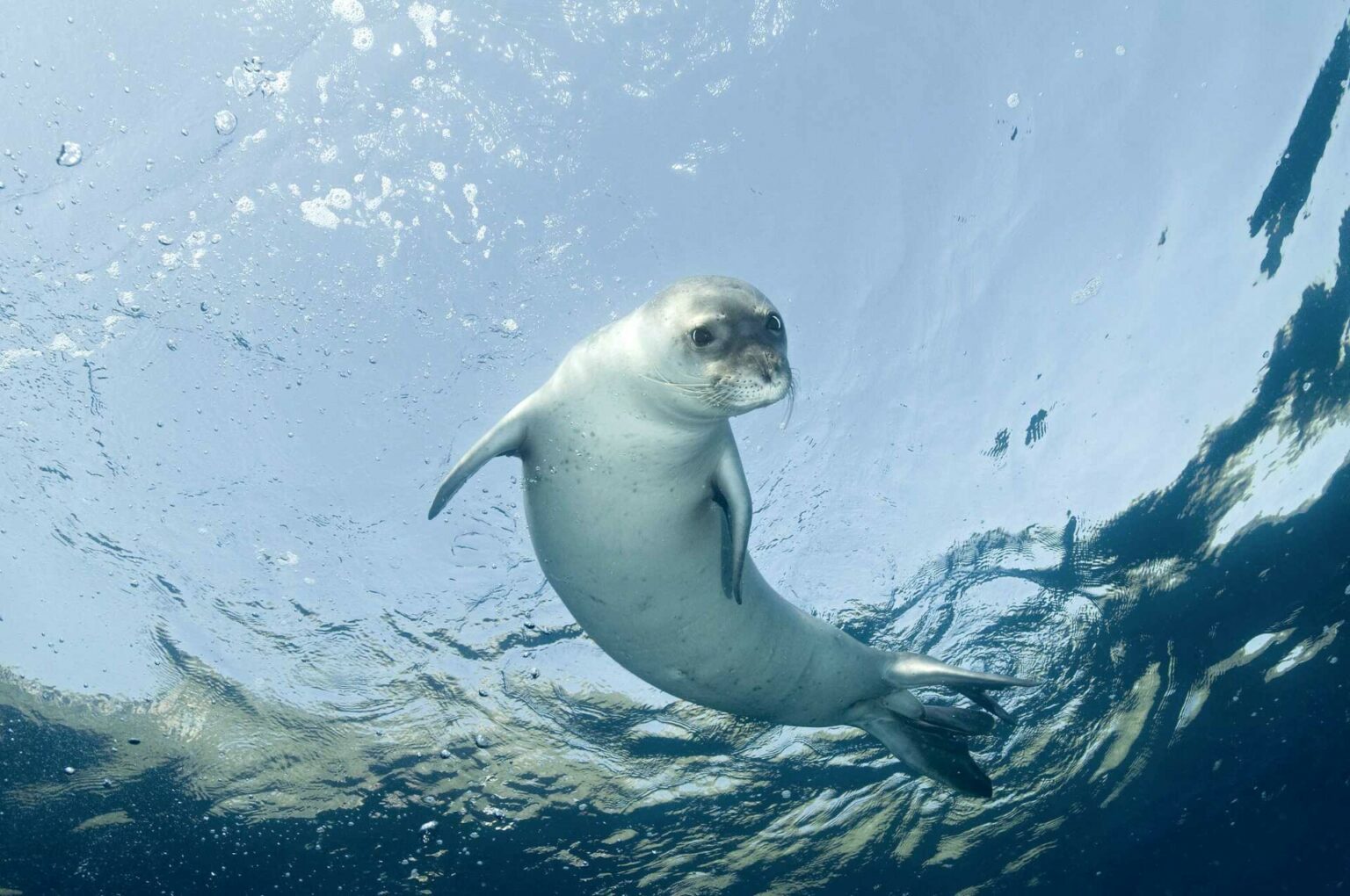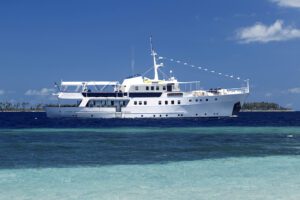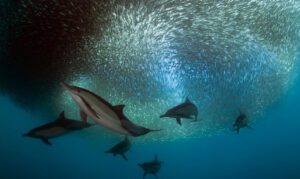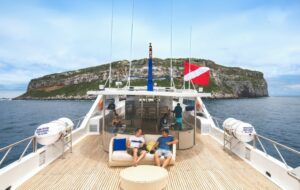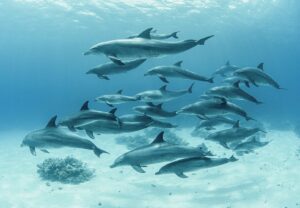If you thought that banning bottom-trawling would be a minimum requirement for a Marine Protected Area (MPA) that is far from the case – to the extent that Greece has just become first country in Europe to pledge to ban the damaging practice in its marine parks.
The damaging industrial fishing technique destroys marine habitats and releases trapped carbon into the atmosphere – but a recent report by the environmental group Seas At Risk shows that it is still happening in 90% of all the EU’s offshore MPAs.
The new law in Greece comes into force in marine parks by 2026 and in all of the country’s MPAs by 2030, at what the country says will be a cost of £666 million.
The decision was announced at the recent 9th OurOcean conference in the Greek capital Athens, attended by some 120 countries and 20 international and regional conservation agencies. The organisers said that “469 new commitments worth over an estimated US $11.3 billion” had been made at the two-day event.
Delegates heard that Greece was establishing two additional marine national parks by the end of this year. One will be in the Ionian Sea covering almost 14,000sq km (12% of Greek territorial waters) from north of Kefalonia to Antikythira in the south. The other will be in the southern Aegean, covering 8,000sq km (6.6%). Endangered species such as Mediterranean monk seals can be found in the larger of the two areas.
Türkiye has said that the Aegean Sea proposal includes disputed waters and has accused Greece of puursuing a geopolitical agenda.
Drones, satellites and AI
Greece’s environment and energy minister Theodoros Skylakakis said at the conference that scientific studies were now underway to establish the new marine parks. “Real protection needs to be backed by real science,” he said, promising that the development would also serve to reduce plastic pollution and allow marine habitats to be properly mapped.
The new parks would increase the size of Greece’s existing MPAs by 80%, and Skylakakis said that the proposed trawling restrictions would be applied there over the next two years, enforced initially using traditional patrols but from 2026 by deploying a “state-of-the-art surveillance system” including drones, satellites and AI.
“In addition to fulfilling its current legal obligations, Greece has committed to expand the legal protection of marine and coastal areas to 30% in the form of MPAs by 2030, ensuring at the same time that MPAs will not be paper parks but effectively managed networks with established protection measures,” commented WWF.
“Everyone was expecting France or Germany or Spain to step up,” said Nicholas Fournier, campaign director at the international conservation group Oceana. “The fact that Greece is championing this ban on bottom trawling is surprising but very welcome.
“We hope this creates a domino effect on other European countries to do the same. The pressure is on France, as it hosts the UN oceans conference next year.”
Also read: Rare Mediterranean monk seal killed by speargun in Greece, Ghost Diving clean up Greece’s HMS Perseus, Ghost Diving continues Ithaca clean-up, Drones target ghost nets
